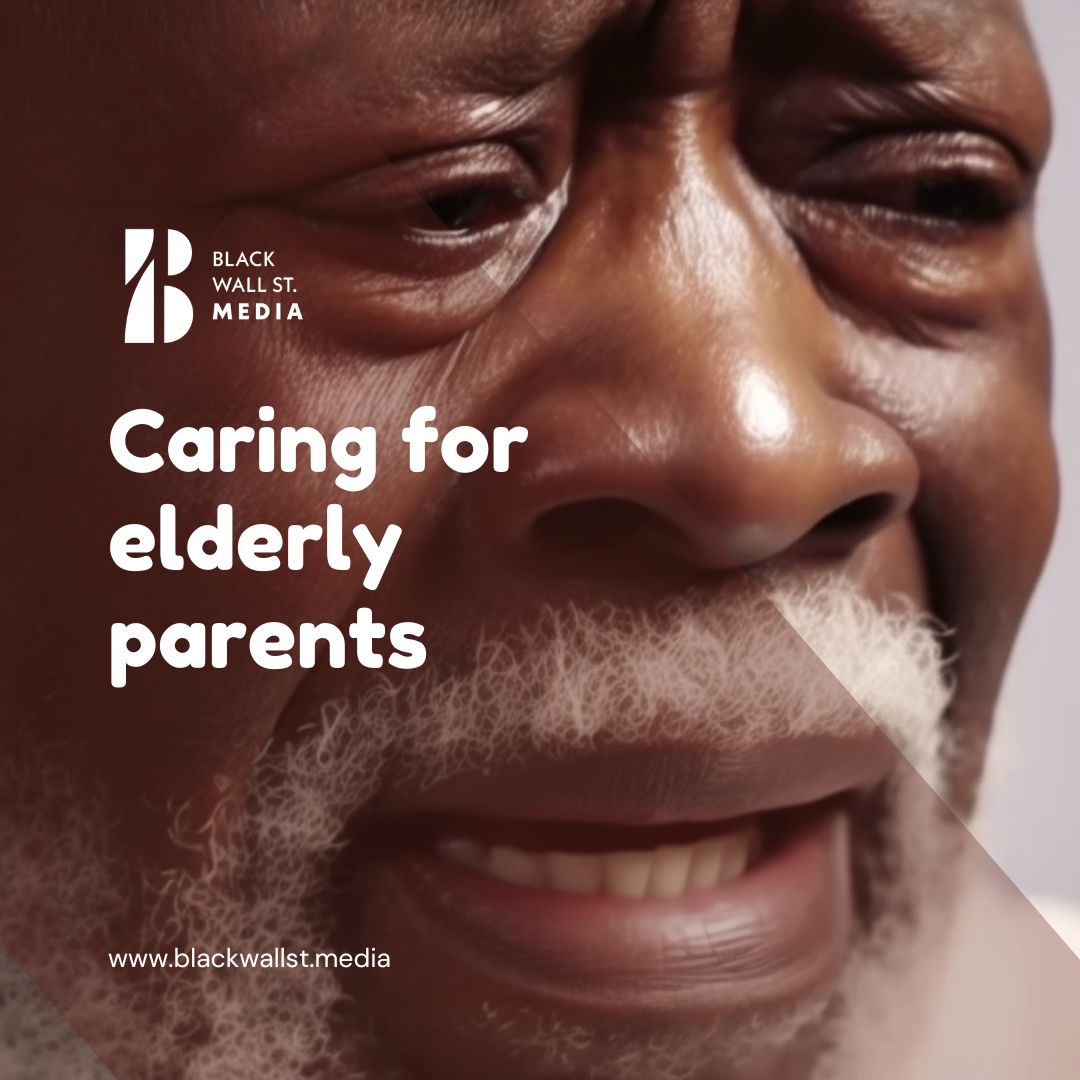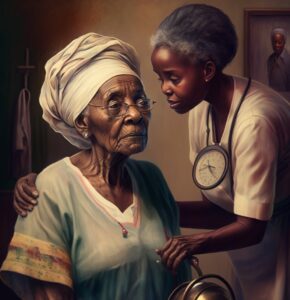Health
CARING FOR ELDERLY PARENTS.
“”
SABINA KELLYEducational Columnist

HOW DID THIS HAPPEN?
You are enjoying life, your parent / parents are also enjoying life to the full, your children are growing up and planning their own futures…. And then you get the call.
Your mother or father has fallen and fractured her hip and are admitted to hospital.
They will need care when they are discharged and suddenly your world is turned upside down. You are suddenly faced with organising your own family, having to go to work, negotiating time off work for hospital visits and trying to get some form of care in place when they are finally at home.
You will have to organise transport, getting them home safely, food shopping, collection of prescriptions amongst many other things.

Where do you start?
The other scenario may be that you are noticing your parents becoming increasingly forgetful, and a neighbour has called you to say that there is a smell of gas in the home, or they are concerned because your parent has forgotten her keys for the second time and is locked out.
This is just a sample of distressing scenarios that can happen. What you once thought was absent mindedness due to the aging process has become a more worrying situation.
Again, where do you start?
The health and social care systems can be a navigational maze with complicated vocabulary and a plethora of form filling. Suddenly you may be asking yourself how did this happen?
Life become becomes chaotic as hospitals and doctors’ appointments have to be arranged and, care put in place. Perhaps there is social services involvement, assessments to attend and so much more to think about and organise.
Having been a Clinical Nurse Specialist in discharging hospital patients for over fourteen years and the Director of Operations in a domiciliary care company, has given me the experience of supporting patients clients and families that face these situations.
Indeed, you may be living on your own and not sure where to start planning your own future healthcare.
Often families and individuals face crises when it happens, causing confusion, distress and feelings of helplessness for all concerned.
Be Prepared.
It is far easier to have knowledge and sources at hand for that inevitable emergency If your loved one has suffered an accident or an admission to hospital it is a very upsetting time for all.
There are key people who can give you advice and support and who will help answer your questions. Try to have conversations with them all at the earliest opportunity.
When discussing your concerns with the ward sister or manager, it’s important to be open and honest about the circumstances you or your loved ones are facing.
This includes details such as how often you can visit them at home and the level of assistance you can provide.
The nursing staff will assess the home environment to gain a better understanding of the situation.
In some cases, the ward sister may organize a Multidisciplinary Team Meeting involving various healthcare professionals, such as nurses, doctors, physiotherapists, and occupational therapists.
During this meeting, they will discuss your parent’s healthcare needs. A comprehensive assessment will be conducted, covering areas like mobility, functionality, continence, falls risks, nutrition and hydration, and tissue viability.
If necessary, adapted equipment like crutches, electric beds, and hoists will be provided free of charge by the NHS based on the professional assessments and judgments of the healthcare team.
Considering the planning and layout of the room where your parents will be staying is essential. An occupational therapist may visit your home to assist with this.
Additionally, the patient may be referred to social services for an assessment to arrange a care package.
Adult Services social workers, specializing in older adults, are employed by the Local Authority and will coordinate this process on behalf of the hospital teams.

To ensure continuity of care, a discharge letter will be sent to your parents’ GP, providing details of their diagnosis, treatment, reason for admission, and medication.
However, as a concerned family member, you may face challenges if you work full time or live far away.
This can be especially worrisome if your parent has been diagnosed with dementia or is at risk of becoming isolated due to loneliness.
It’s important to consider private domiciliary care companies and research their services, training provided to carers and support workers, and associated costs. Recommendations, online reviews, and the CQC rating can also guide you in selecting a suitable agency.
Carers and support workers play a crucial role in providing various forms of assistance to individuals in need. They offer support with personal care, medication management, household tasks, companionship, and other essential services.
- Personal care
- Accompany on outings such as to the library
- Accompany on Dr’s appointments
- Meal preparation
- Medication administration and prompting
- Monitoring of health and well being
- Companionship
- Facilitation and enablement of your parents stay at home
- 24-hour care
- Live in care
If it becomes evident that your parent can no longer live alone at home and requires a more intensive nursing regimen, it is essential to explore local nursing homes or those in close proximity to your residence.
Take the time to communicate with the managers of these facilities and inquire about the available amenities. Checking reviews and referring to CQC reports will provide valuable insights.
Many nursing centers and care homes offer respite packages for temporary breaks or holidays, as well as long-term and short-term care options. Rehabilitation centers are also beneficial for post-operative recovery, aiding in the regaining of strength and mobility before returning home.

Caring for elderly parents often brings about a mix of emotions, including guilt, frustration, anger, helplessness, and loneliness.
It is natural to experience these emotions as your life undergoes significant changes, and you may feel overwhelmed by the physical, emotional, and medical demands placed on you by your parents.
Guilt may arise from the inability to provide the level of care you feel obligated to give as a son or daughter.
The fear of being judged by others and the weight of sole responsibility for your parents’ well-being can add to the emotional strain. Witnessing your parents’ vulnerability and fragility can be deeply painful, as it feels like a loss of the vibrant and independent parents you once knew.
Developing a contingency plan and a proactive strategy can help prevent crisis planning in the event of illness or accidents. Engage in conversations with your parent(s) about their future healthcare preferences.
Explore available support services, such as specialist nurses like Admiral Nurses for dementia care or resources offered by organizations like Age UK and Parkinson’s specialist teams. If you notice your parent’s mental capacity deteriorating, seek advice from a solicitor regarding legal matters.
Having informed choices and seeking possible outcomes for your loved one’s health and well-being is crucial. Consider joining a local Carer Forum where you can connect with other caregivers, exchange views, and realize that you are not alone in your experiences. These forums also provide valuable support and advice.
Additionally, remember to prioritize your own health and well-being. We all want the best for our parents, wishing for them to lead fulfilling lives with proper care and nurturing.
Having a contingency plan in place can help alleviate feelings of panic and helplessness. As our parents age, they deserve the assistance and support we can offer them.
SABINA KELLY RN BaEducational Columnist







